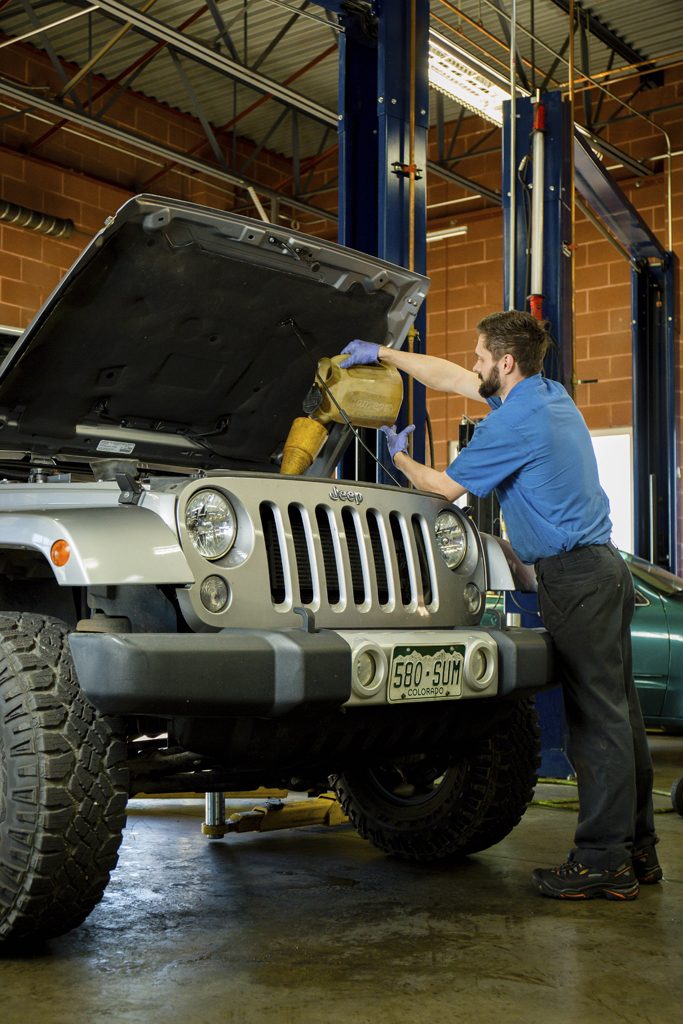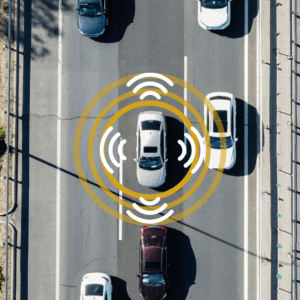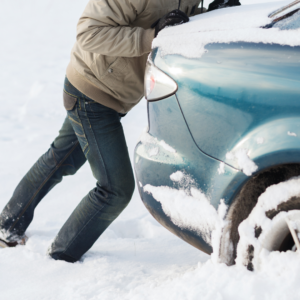With worries like exams, student loans and paying rent, the last thing students need to worry about is a major car repair. Here are some tips to help college students maintain their vehicle while in school and avoid costly repairs.

Sending your college student back to school in the fall? Keep them safe by getting essential preventative maintenance tasks done on their vehicle BEFORE they head off to college! Accidents and break-downs can often be prevented by insuring their vehicle is operating at an optimal level. Good visibility, adequate traction and quick stopping power will improve vehicle handling. Preventative maintenance may keep them from getting unexpectedly stranded on the side of the road.
Here is a good starting checklist:
- Visibility is extremely important, so check that the windshield wipers do not streak, the windshield is not pitted, and both headlights are operational with clear headlight lenses (we do polish headlight plastic). Is the windshield wiper fluid reservoir full?
- How are the tires? Do the tires have adequate tire tread depth (2/32nds is when they need to be replaced) and are they wearing evenly from side to side? Winter-rated tires are best for our harsh Colorado winters. Traction is one of the most important variables in keeping the car on the road, and tight cornering requires good tire tread. Proper alignment and proper air pressure will help the tires wear evenly.
- Have the brakes been checked recently? Are there any noises (squeaking, squealing) or vibrations upon braking? Brake pads should be replaced when worn to 2-3mm in thickness (new pads start at around 12mm) and will alert you when the wear-bar starts squealing. Vibrations or shuddering upon braking may indicate warped brake rotors. Stopping quickly when necessary is critical in preventing accidents, so be sure brakes are working properly!
- Changing the engine oil and oil filter is the single most important preventative maintenance that your car requires. Running low on oil or out of oil can cause the engine to seize, thereby requiring a very expensive fix (usually total engine replacement)! A simple oil change can be the difference between life and death of your vehicle, especially if the car is getting on in years. Don’t we all need a little more lubrication in our joints as we age??
- All the fluids in your student’s vehicle should be checked for level and quality. Over time and miles, all of the engine fluids (brake fluid, transmission fluid, engine coolant, A/C refrigerant, power steering fluid, differential fluid) can run low because of leaks. Dirt and particulates can also contaminate fluids so that they are not as effective in lubricating the parts they are intended to protect.
- Belts, hoses and gaskets needed to be inspected for cracks and general breakdown. Over time, extreme engine temperatures plus our dry climate take a toll of the flexibility and condition of these important engine parts. Does your student’s vehicle have a timing belt? Timing belts cannot be visibly inspected, but need to be replaced at the mileages that the manufacturer recommends. Again, failing to do this critical replacement can mean the difference between engine failure and engine longevity.
With all of our Oil Change services, we check all of these items (and more!) and present you with a written Inspection form. Each car’s components are inspected and rated as follows:
Green – Good-to-Go!
Yellow – Caution! Part requires attention or replacement soon.
Red – Requires immediate repair or replacement to keep your car running safely.
Get peace of mind and let Honest Accurate Auto Service help you send your student, and his or her car, off to college safely!




